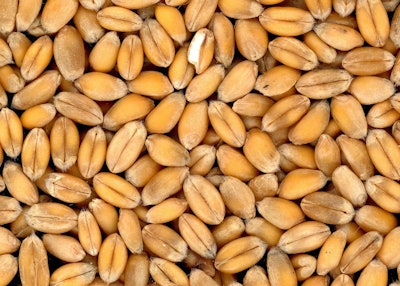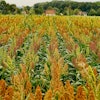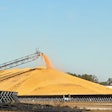
Dr. Digvir Jayas recently conducted groundbreaking research utilizing the Canadian Light Source (CLS) at the University of Saskatchewan to delve into the very heart of grains, seeking to uncover the key to minimizing spoilage and maximizing food potential.
Grain spoilage is a significant issue with far-reaching consequences. The spoilage rates fluctuate dramatically, ranging from a modest 1% to a staggering 50%, depending on the type of grain and storage conditions. Dr. Jayas emphasizes the colossal impact of an average 20% loss, estimating a global loss of 640 million tonnes of grain annually. This loss, if prevented, could potentially feed 1.5 billion people.
To unravel the mystery of how grains can be selectively bred and specific varieties chosen to enhance storage potential, Dr. Jayas and his team focused their attention on hard durum wheat, known for its resilience compared to softer varieties.
The Canadian Light Source provided a unique capability to scrutinize the composition of materials at a nano or micro level. Dr. Jayas explains, “When grain spoils, there are unique changes occurring in the grain, and we were able to look at those changes.”
In a meticulous study, three varieties of durum wheat were stored for five weeks, and the team utilized the synchrotron to examine samples taken from the stored grain. This advanced technology not only allowed them to analyze external markers of spoilage but also delve into internal changes in structure and nutritional value.
The results of their work, published in the journal Heliyon, unveiled that AAC Stronghold wheat outperformed the comparison varieties by retaining nutritional properties significantly better.
Looking ahead, the team plans to continue utilizing the synchrotron to explore spoilage in various grain types. This ongoing research promises to assist plant breeders in developing resilient varieties that resist spoilage and maintain nutritional content over extended periods. Furthermore, it aims to provide valuable guidance to farmers and storage managers, ensuring the longevity of harvested wheat and contributing to the global effort to reduce food waste.
Dr. Jayas' mission is not just about preventing spoilage; it's a crucial step towards building a sustainable and efficient food supply chain. As we navigate the challenges of feeding a growing population, understanding the secrets hidden within grains may well hold the key to a more food-secure world.


















